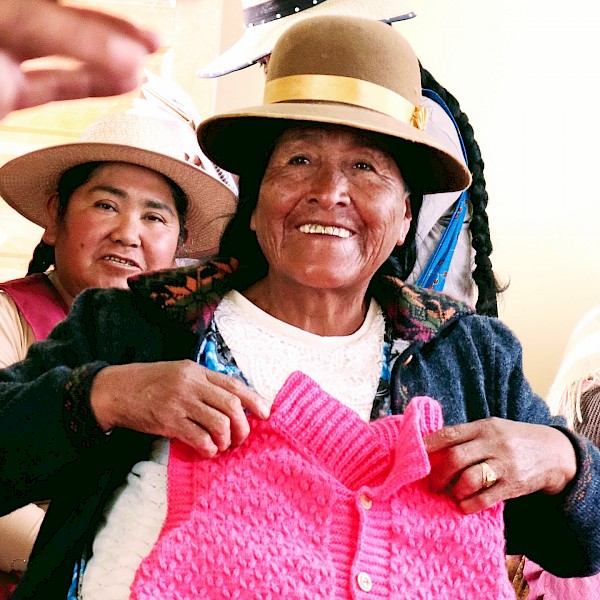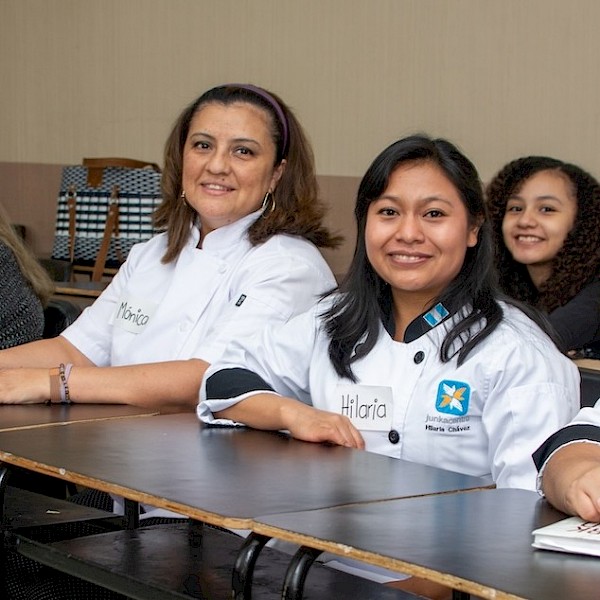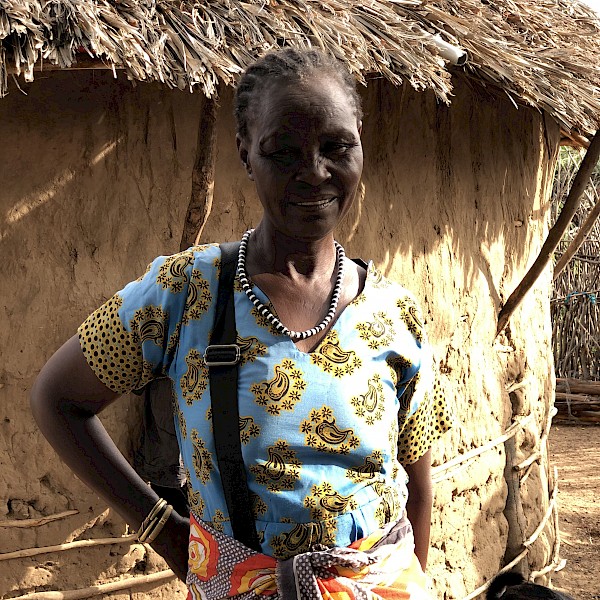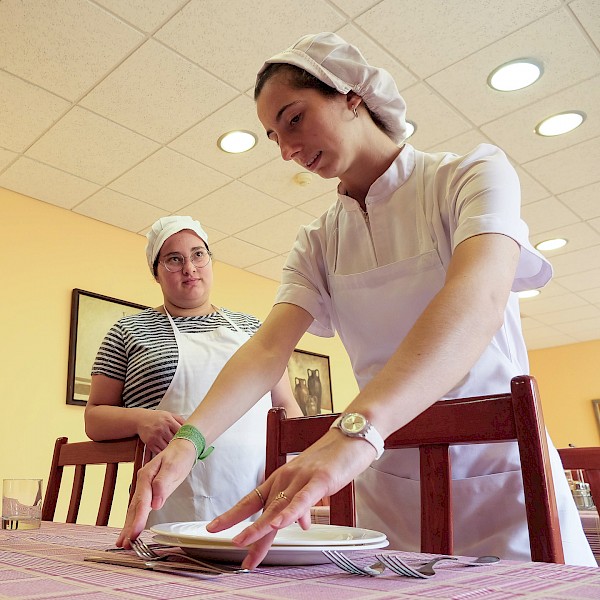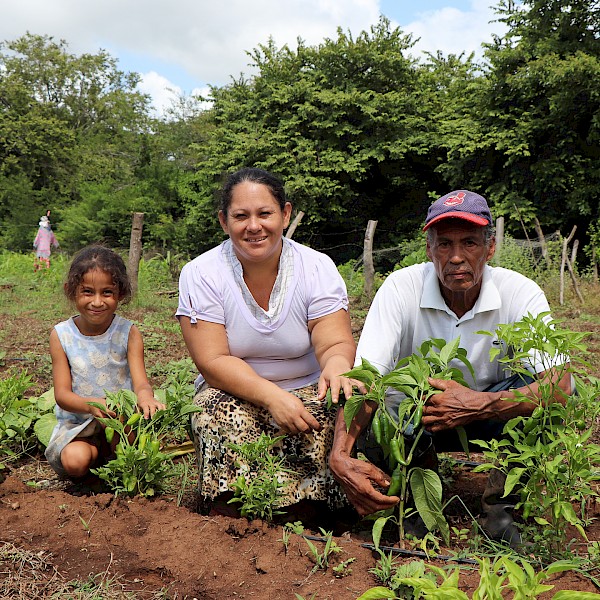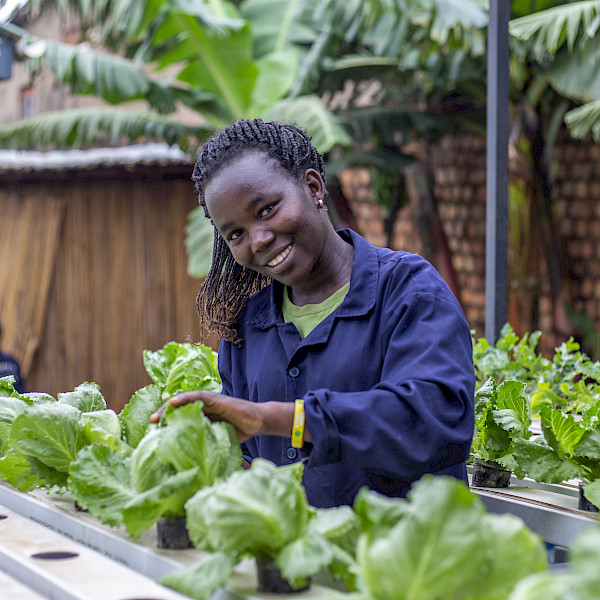Bolivia
Ch'ama warmi, strong woman: reinforcing Aymara-women's political, social and economic rights in the Bolivian Altiplano

Duration
2019 – 2020

Budget
128 000 €

Beneficiaries
Aymara women
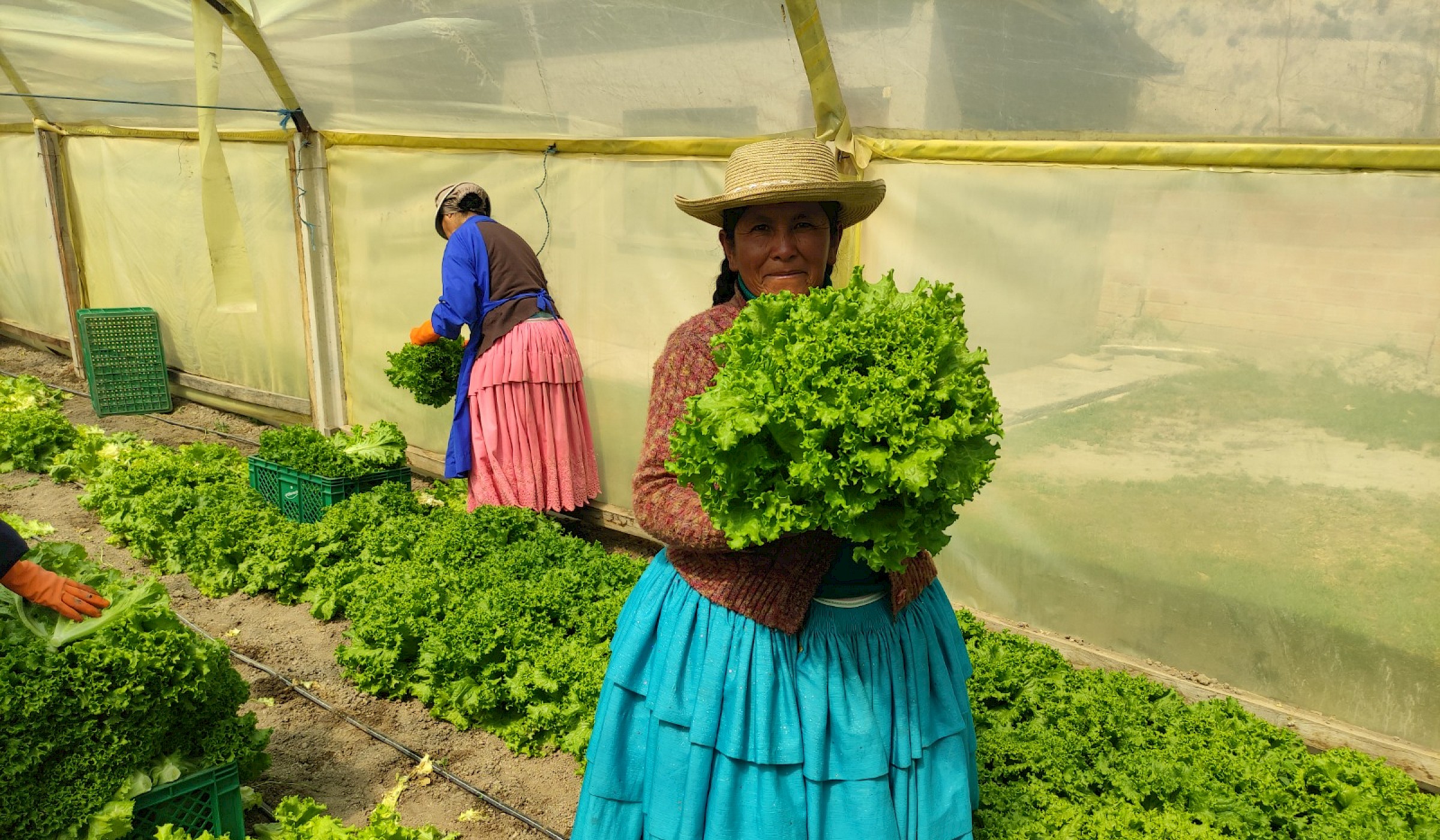



Strengthening Women's Political Agency and Economic Rights
Working in six Bolivian rural communities, Inter-Cultur in collaboration with AYNI supported the economic activities of the Indigenous Aymara women and their political agency in their respective communities.
During two years, the project helped to establish six women's associations, and especially the leaders of these associations showed remarkable empowerment in getting the municipality to finance projects. Additionally, direct contact with the market with new greenhouse products opened their eyes to a new commercial reality, meaning that they have moved on from selling raw materials to selling products with different degrees of processing. Because of this, the women now have a better understanding of market dynamics, understanding that customers' expectations include not only desirable prices but also a variety of products and good quality.
The communities showed their appreciation to the women's associations. Due to the prestige that the women gained through their economic and political activities, violence towards women decreased. This is a good example of how the empowerment of women will also change the attitudes in their communities.
This project has been funded by the Ministry for Foreign Affairs of Finland.
Key Achievements and Outcomes:
- Formally founded six independent women's associations to promote women's political agency.
- Provided the women with tools and skills for better cultivation and access to markets, increasing their monthly income.
Photo gallery
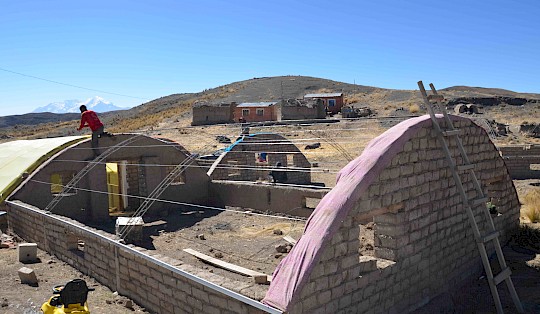
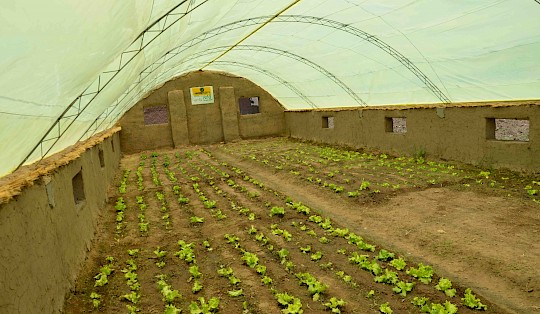
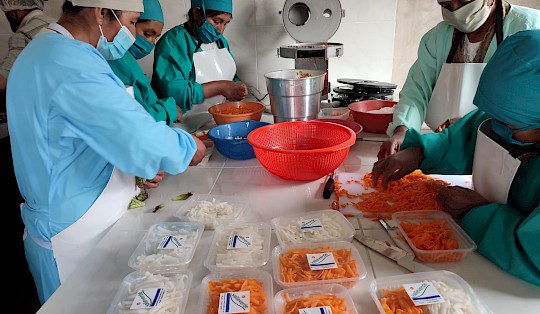
Countries
Bolivia
Home to the Andes mountains, Bolivia faces challenges such as poverty and environmental concerns, particularly among its indigenous populations. Our partnership with AYNI focuses on vocational training, literacy, and sustainable agriculture, aiming to empower marginalized communities and women.
Guatemala
In Guatemala, a country known for its rich indigenous heritage, we address the needs of women in disadvantaged situations through Fundación Junkabal. Our initiatives in vocational training and micro-entrepreneurship are designed to uplift women and advocate for human rights.
Kenya
Kenya's diverse landscape is the backdrop for our efforts to tackle poverty and unemployment in the country. Examples of our work include offering vocational education in Nairobi's slums through SET and Eastlands College of Technology, and improving the agricultural activities of rural women in Turkana County, both aiming to improve life quality and employment prospects with an integral formation model.
Lebanon
Lebanon, with its millennia-old heritage, navigates through profound economic crises and a significant refugee presence. In response, our partnership with PRODES and IMS is dedicated to empowering women through vocational training in hospitality, tourism, and gastronomy, equipping young women from rural areas for better prospects.
Nicaragua
Nicaragua, with its dramatic volcanic landscape, faces social unrest and economic difficulties. Our work with ANDECU supports women by investing in vocational training centers and micro-business resources, empowering them to improve their income levels and overcome challenges in their families and communities.
Uganda
Uganda, known for its diverse landscapes and rich cultural heritage, faces socio-economic disparities and gender inequality impacting vocational education access. Partnering with COWA, we provide women and youth with vocational training and technological empowerment to boost employment opportunities and economic independence, promoting gender equality and sustainable development.
